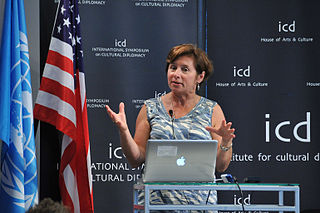A Quote by Paul Singer
It's true that monetary policy was too lax for too long, and the government encouraged lending to people who were unlikely to repay their loans.
Quote Topics
Related Quotes
Among the handful of British diplomats and military men aware of their government's secret policy in the Middle East-that the Arabs were being encouraged to fight and die on the strength of promises that had already been traded away-were many who regarded that policy as utterly shameful, an affront to British dignity.
Too-easy credit and millions of bad loans made during the U.S. housing bubble paved the way for the financial calamity and Great Recession that followed. Today, by contrast, credit is too tight. Mortgage loans are particularly hard to get, creating a problem for the housing market and the broader economy.
There are rights that Hillary Clinton doesn't like. American people have too many rights. There's too much freedom. Government doesn't have enough rights, in her mind. Government's too limited. The Constitution limits the government way, way, way too much. "And I feel strongly that" - fake smile - "the Supreme Court needs to stand on the side of the American people." Not on the side of the powerful corporations and the wealthy.
The Great Depression was not a sign of the failure of monetary policy or a result of the failure of the market system as was widely interpreted. It was instead a consequence of a very serious government failure, in particular a failure in the monetary authorities to do what they'd initially been set up to do.



































